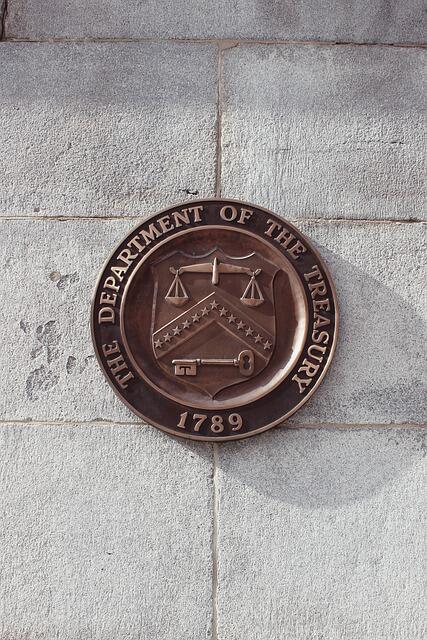The US Department of the Treasury has imposed sanctions on the State Prosecutor in Bosnia-Herzegovina, Diana Kajmakovic.
“Diana Kajmakovic is constantly undermining democracy and the rule of law in Bosnia-Herzegovina,” said Brian Nelson, Undersecretary for Counterterrorism and Financial Intelligence at the US Department of the Treasury.
According to him, these measures confirm the commitment of the United States to stability in Bosnia-Herzegovina, because they have been imposed on a person who is of key importance in allowing corruption in this country.
“Today’s measures are a continuation of the implementation of the US strategy to hold accountable individuals who carry out destabilizing activities in the Western Balkans. These measures have been taken at a time when Bosnia is facing the most serious political crisis since 1995, as politicians, ethno-nationalists and their networks continue to damage the state”, said the statement of the Office for Foreign Affairs Control.
The American Embassy in Bosnia and Herzegovina has said that the time has come for “Bosnia to clean its house”.
“Diana Kajmakovic is a real example of why citizens’ trust in Bosnia’s ability to fight endemic corruption is at its lowest level.
Justice cannot be effective when some of the officials exhibit the most serious abuse of the system.
There is no place for corrupt prosecutors in any justice system, and we will continue to use our tools to hold them accountable,” the Embassy said in a Facebook post.
On June 6 of this year, the American authorities have sanctioned two other Bosnian officials due to destabilizing activities: against the president of the Federation of Bosnia and Herzegovina, Marinko Çavara, and the Minister of Health in the Republika Srpska, Alen Sheranić.
The Office of Foreign Assets Control at the Treasury Department said that Çavara and Sheranić have “threatened the stability of the region and undermined the Dayton Peace Agreement and democratic processes or institutions.”
The sanctions against them are an extension of sanctions imposed earlier this year on Bosnian Serb leader Milorad Dodik, who has led a campaign to secede from state institutions, despite the West warning against such actions.
Dodik is the Serbian member of Bosnia’s tripartite presidency.
Republika Srpska together with the Muslim-Croat Federation are the two entities that make up Bosnia and Herzegovina.
Such organization was made with the so-called Dayton Agreement, which ended the war in Bosnia in the 1990s.





